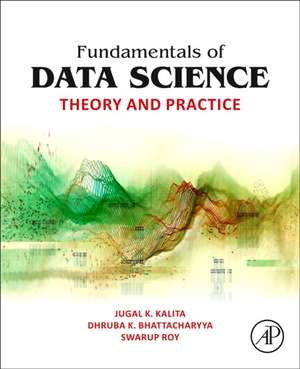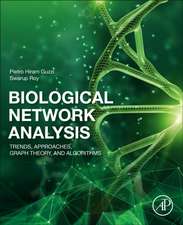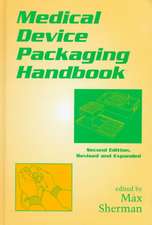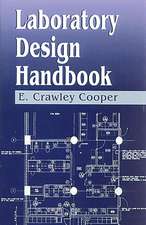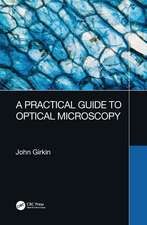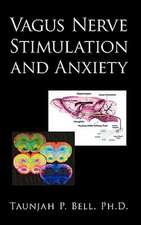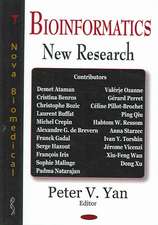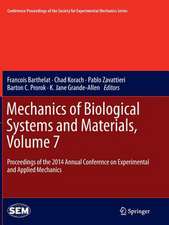Fundamentals of Data Science: Theory and Practice
Autor Jugal K. Kalita, Dhruba K. Bhattacharyya, Swarup Royen Limba Engleză Paperback – 21 noi 2023
The book's authors include a systematic presentation of many predictive and descriptive learning algorithms, including recent developments that have successfully handled large datasets with high accuracy. In addition, a number of descriptive learning tasks are included.
- Presents the foundational concepts of data science along with advanced concepts and real-life applications for applied learning
- Includes coverage of a number of key topics such as data quality and pre-processing, proximity and validation, predictive data science, descriptive data science, ensemble learning, association rule mining, Big Data analytics, as well as incremental and distributed learning
- Provides updates on key applications of data science techniques in areas such as Computational Biology, Network Intrusion Detection, Natural Language Processing, Software Clone Detection, Financial Data Analysis, and Scientific Time Series Data Analysis
- Covers computer program code for implementing descriptive and predictive algorithms
Preț: 573.49 lei
Preț vechi: 741.62 lei
-23% Nou
Puncte Express: 860
Preț estimativ în valută:
109.77€ • 119.28$ • 92.27£
109.77€ • 119.28$ • 92.27£
Carte tipărită la comandă
Livrare economică 15-29 aprilie
Preluare comenzi: 021 569.72.76
Specificații
ISBN-13: 9780323917780
ISBN-10: 032391778X
Pagini: 334
Dimensiuni: 191 x 235 mm
Greutate: 1.1 kg
Editura: ELSEVIER SCIENCE
ISBN-10: 032391778X
Pagini: 334
Dimensiuni: 191 x 235 mm
Greutate: 1.1 kg
Editura: ELSEVIER SCIENCE
Public țintă
Researchers, developers, and industry professionals in Information Technology and Computer Science, such as developers of AI, Machine Learning,and Deep Learning, as well as other research fields, including Biomedical.Cuprins
1. Introduction
2. Data, sources, and generation
3. Data preparation
4. Machine learning
5. Regression
6. Classification
7. Artificial neural networks
8. Feature selection and extraction
9. Cluster analysis
10. Ensemble learning
11. Association-rule mining
12. Big-Data analysis
13. Data Science in practice
14. Conclusion
2. Data, sources, and generation
3. Data preparation
4. Machine learning
5. Regression
6. Classification
7. Artificial neural networks
8. Feature selection and extraction
9. Cluster analysis
10. Ensemble learning
11. Association-rule mining
12. Big-Data analysis
13. Data Science in practice
14. Conclusion
